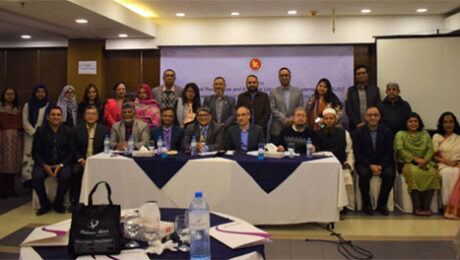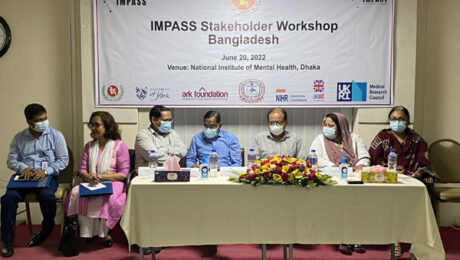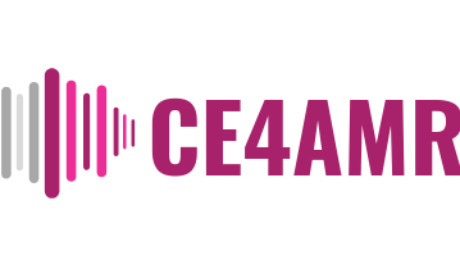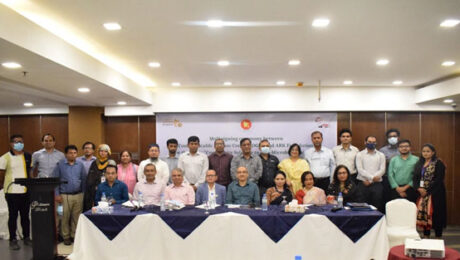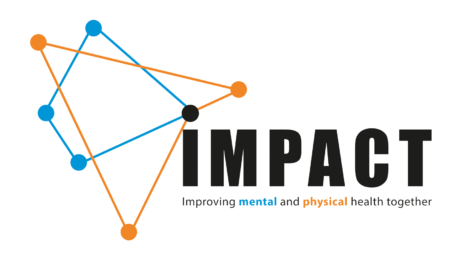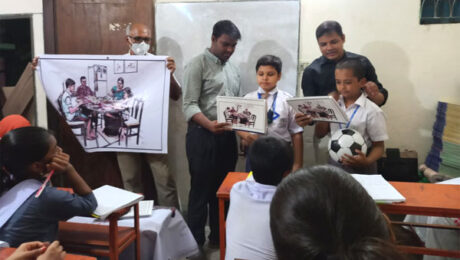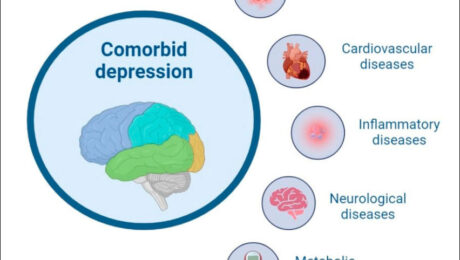CHORUS is a Research Programme Consortium that brings together health researchers from South Asia, West Africa, and the UK. CHORUS works with communities, health professionals and city level decision makers to strengthen the urban health system, especially for the urban poor. ARK Foundation is currently implementing three projects under CHORUS. Project 1 aims to strengthen
- Published in Featured, Health Systems, Our Work
No Comments
The IMPRESS was a pilot trial of a multi-component intervention which aimed to culturally adapt, and then evaluate, the effectiveness of evidence-based strategies to reduce second-hand smoking within homes in the peri-urban area of Bangladesh. It also aimed to determine the costs versus benefits of implementing such an intervention. The study was carried out in
- Published in Featured, Maternal Newborn Child and Reproductive Health, Our Work
Antimicrobial resistance (AMR) is a global health concern that requires a multidisciplinary approach. Community engagement (CE) has been recognized as a crucial strategy for addressing AMR, as it involves the active participation of community stakeholders in identifying and implementing sustainable interventions. However, there is a need to understand how CE approaches are currently utilised in
- Published in Antimicrobial Resistance, Our Work
Antimicrobial resistance (AMR) is a growing threat to global health, food sustainability, and socio-economic development. It is estimated that AMR infections cause approximately 700,000 human deaths each year globally and this figure is set to rise to 10 million by 2050 if no action is taken. Multi-sectoral action that addresses human and animal health, agriculture,
- Published in Antimicrobial Resistance, Featured, Our Work
People with severe mental illness (SMI; i.e. schizophrenia, bipolar affective disorder and severe depression with psychosis) die on average 10-20 years earlier than the general population. Around 80% of deaths in people with SMI are due to preventable physical illnesses, most commonly cardio-metabolic diseases, respiratory disorders, and infectious diseases. Comorbidity of physical and mental illness
- Published in Featured, Multimorbidity, Our Work
Children Learning About Second-hand Smoke (CLASS-III) is an ongoing multinational cRCT project of ARK Foundation in collaboration with the University of York, United Kingdom. The project aims to assess the effectiveness and cost-effectiveness of school-based Smoke-Free Intervention (SFI) in reducing children’s exposure to second-hand smoking (SHS) and the frequency and severity of respiratory symptoms. The
- Published in Featured, Non-Communicable Disease, Our Work
This study aimed to develop an acceptable and feasible psycho-social support (PSS) package that will be ready to embed within the existing National TB Control Programme (NTP) service delivery system in Bangladesh. Our specific objectives were to assess the existing MDR-TB services, exploring the facilitators and barriers in the current service provision for mental health
- Published in Communicable Disease, Featured, Our Work
Exposure to secondhand smoke (SHS) risks children’s health. However, biomarkers are rarely used to study SHS exposure among children in low- and middle-income countries. We analyzed cross-sectional data collected between March and November 2022 for a cluster-randomized controlled trial investigating a Smoke-Free Intervention in 2769 children aged 9–15 in 74 schools (34 in Dhaka, Bangladesh,
- Published in Featured, Journal Article, Resources
Preparedness of Urban Primary Healthcare Centres of Bangladesh in Managing Diabetes Mellitus and Hypertension CLICK HERE TO READ THE POLICY BRIEF
- Published in Policy Brief, Resources
- 1
- 2

